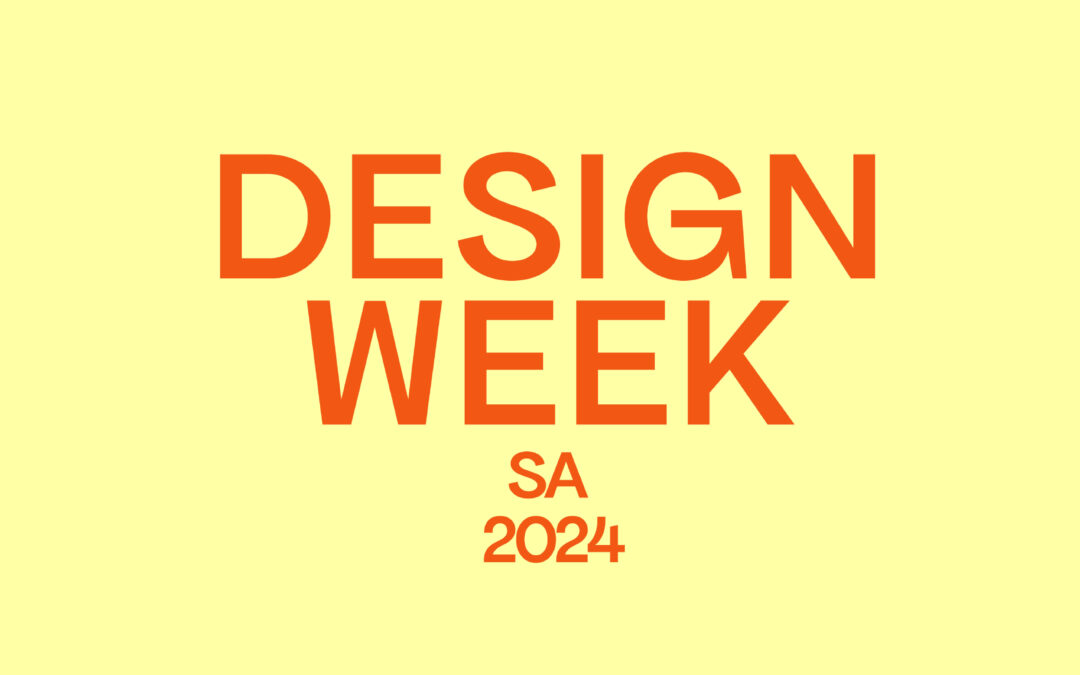Recently, my timeline on the increasingly archaic Facebook has been awash with suggested content that has little relevance to my interest but rather is a generalised take on what someone around my age should like or engage with. Endless nostalgia bait and reminiscing on the “good old days”.
In this plethora of nonsensical content, I stumbled upon a Facebook feed essay with some quoted lyrics from a new Eminem (remember him?) track, which read, “You gonna cancel me, yeah? Gen-Z me, bruh?”. The comments section was rife with Gen X and elder Millennials revelling in this takedown of Gen Z, laughing at the notion that Gen Z was trying to “cancel” Eminem. It evoked a sense of older generations feeling like Gen Z commentators were being put in their place, getting a taste of their own medicine. I can’t help but wonder if they’d even care.
Cringy rapper aside, why did this topic spur what seems to be an ever-present, underlying tension between almost every generation? Everything from avocado toast to the socks that we wear, to the way we use the zoom function on our phones, has become a departure point for some form of “us versus them” debate.
Frankly speaking, there has always been some form of tension between generations. As Bobby Duffy writes in his article for The Guardian, “Older people have always denigrated the young: in 400BC Socrates moaned about the youth of his day and their ‘bad manners, contempt for authority, disrespect for elders’.” So, if this generational culture war has been present practically as long as we have kept records, why should we talk about and discuss the topic? If generational divides are simply a function of society, a symptom of the collective consciousness, shouldn’t we just not bring it up? Well, not quite. It’s the whys and hows that are of interest, particularly in an unprecedented age where the sheer speed of transformation on a societal level has shifted into a previously unknown gear.

Photography by Adelina Gridina via Pexels

Image sourced via Pexels
As Jan Viljoen writes, “a generational gap suggests that there are certain differences in values and attitudes determined by the generation you are born into. Let’s be clear, this generational gap does matter. Each generation is motivated by different principles, views on history, and ideological standpoints. They are also influenced by vastly different political and historical events that shaped how their ideals and beliefs have come to be.”
Consider the sheer amount of genuinely historical events that have taken place since the 2000s. The attack on the Twin Towers and the subsequent “War on Terror”. The massive financial crash of 2008. The increasing concern with regard to the climate crisis. The increasing political polarity across the globe all before even mentioning the rise of the social media network and the growth in the global power of technocratic mega-powers such as Google. In South Africa, in particular, we are in a pretty unique situation given the country’s enormous, complex historic context. Not only are we dealing with generational differences in a traditional sense, but one also has to look at the historical context of generations through the lens of a pre-and post-Apartheid framework, which adds a layer of out-in-the-open complexity that few other countries have or will deal with.
We are living in unprecedented times, so what effect has that had on this lingering tension between generations? Well, as pointed out in the intro, it almost seems like the collective that makes up the members of different generations revels in the failures, shortcomings and tired stereotypes about the generations they don’t form a part of, all while conveniently overlooking some of the flaws of their own generation. Baby boomers call younger generations lazy, sensitive snowflakes. Well, sorry, we grew up without literally half of the combined wealth (of the US). Gen X is mobilising in an anti-woke crusade fuelled by copious amounts of Joe Rogan, Jordan Peterson and their mid-life crises with just a sprinkle of male pattern baldness. Millennials seem generally positive towards Gen Z but are subsequently getting absolutely dragged on TikTok for overly pun-reliant, self-deprecating humour and the undying love of “which bread are you” Buzzfeed quizzes, all while Gen Alpha is eating crayons or something I don’t know what the fuck these Skibidi Toilet, brain rot humour loving kids are getting up to online.
So, what is the point of all the animosity? As Duffy states, the idea of defining generations at its core finds its roots in division. It’s the classic “us versus them”, but to what end? Many researchers, opinionists and journalists point to generational conflict in the modern age being used as somewhat of a diversion tactic, pitting the people who make up these generational groups against each other rather than uniting against, for example, an underwhelming, underperforming government. Better have boomers say millennials can’t afford homes because of avo toast and iced lattes than unite against the realities of the uncontrollable inflation of late capitalism. This economic divide and the sheer clickability and shareability of conflict in the current information age have also drastically contributed to the exasperation experienced intergenerationally.

Image sourced via Pexels

Image sourced via Pexels
There is, without a doubt, intergenerational tension and conflict, but small, very vocal minorities are drastically overplaying the severity of this. Vocal minorities use over-generalised, broad-stroke assumptions about a group of people, clearly detracting from the intricacies of the individual. I, for one, have never tried to see which Harry Potter house I’m in, but then again fuck that TERF, J.K Rowling. Much of it also stems from fear of the unknown, anxiety around a world changing before your eyes that you either outwardly reject or feel rejected by. That transition is where you go from complete understanding and being in the loop to feeling like you’re always one step behind the newest thing, which is OK.
This tension is, to an extent, needed, as stated by Duffy in an article for RTE, “Some of the great names in sociology and philosophy saw understanding generational change as central to understanding society overall. Auguste Comte, for example, identified the generation as a key factor in “the basic speed of human development”…He argued that “we should not hide the fact that our social progress rests essentially upon death; which is to say that the successive steps of humanity necessarily require a continuous renovation from one generation to the next”. We humans get set in our ways once we’re past our formative years, and we need the constant injection of new participants to keep society moving forward.”
With that in mind, just leave the boomers to be grumpy; after all, they did play a pivotal role in various civil rights movements across the globe and you’re inheriting their shit at some point. Be ok with Gen X using silly filters and being cringe on social media; they are kind of the ones that invented it in the first place? Leave the millennials to revel in Tumblr-era self-deprecating indie sleaze listening to The Strokes and LCD Soundsystem while drinking pumpkin spice lattes in ankle socks! All the trauma from the pits of Tumblr created a generation that shifted the stigma when it came to mental health. Accept that Gen Z isn’t lazy for attempting to find a healthy work/life balance now that they aren’t eating Tide pods because they’ll probably be the generation that saves this beautiful planet. Lastly, leave the iPad kids of Gen Alpha to absolutely tank their dopamine production capacity through endless instant gratification screen time and being raised by Coco Melon.
I think the kids are always ok.
Written by: Casey Delport
For more news, visit the Connect Everything Collective homepage www.ceconline.co.za














